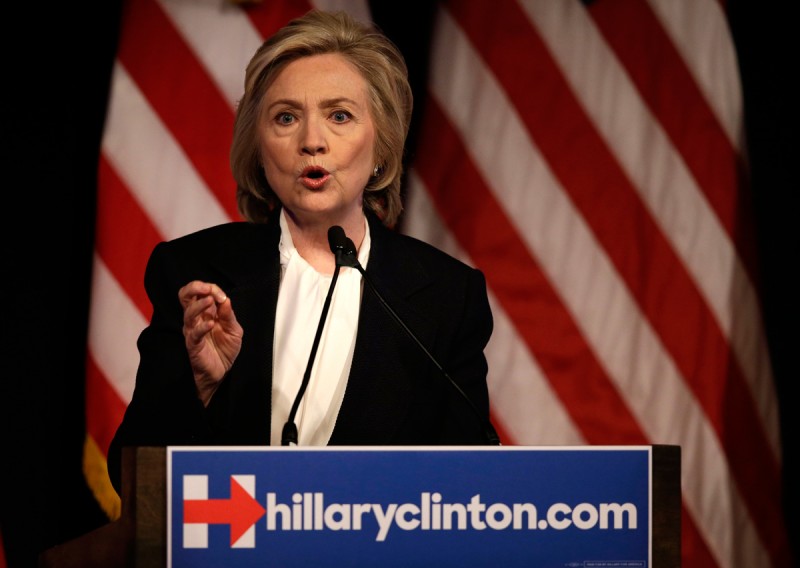Why Clinton needs to craft a broad national education vision

Having just secured American Federation of Teachersendorsement and with Republican presidential candidates torn between big donors favoring test-driven accountability and a base strongly opposed, Hillary Clinton has a broad avenue for crafting a coherent national vision built on her “everyday Americans” campaign theme.
In her speech at the New School July 13, Clinton pointed to her lifelong commitment to education from the start of her career when she worked for the Children’s Defense Fund to guarantee education for children with disabilities. Last month, her Roosevelt Island speech tantalized, but offered few specifics beyond promises of preschool and “teachers second to none in the world [who] receive the respect they deserve for sparking the love of learning in every child.”
What would a clearer educational vision look like? Can Clinton thread the needle between localism and globalism, the two ideological poles roiling Republican politics? Put another way, can she effectively shift from Obama’s centralizing influence without losing advocates of higher standards, accountability, and choice who have dominated the national education discourse for over a decade?
Everyday American education is not sexy but it brought us unparalleled economic success for over a century while sustaining ideals of participatory democracy. Key to this is the resurgent pluralism that marks schooling in this country, compared to other nations.
America’s pluralistic educational system is at the heart of our national identity and current debates over curriculum, testing, standards, choice, and inequality. Understandably, flaws intrinsic to this tradition of educational localism have been under attack for decades, at least since Brown v. Board upended Jim Crow schooling.
Federal requirements are important
Later, with passage of the Elementary and Secondary Education Act (a/k/a No Child Left Behind) and Education for All Handicapped Children Act (now IDEA), many school practices previously left to districts and states came under active federal control.
Today, with annual test mandates under No Child Left Behind, teacher evaluations required under Race to the Top and NCLB waiver provisions, and instructional dictates under the Common Core State Standards, federal requirements have come to dominate electoral concerns. Add to these, recent U.S. Department of Education Why Clinton needs to craft a broad national education vision - The Hechinger Report:
